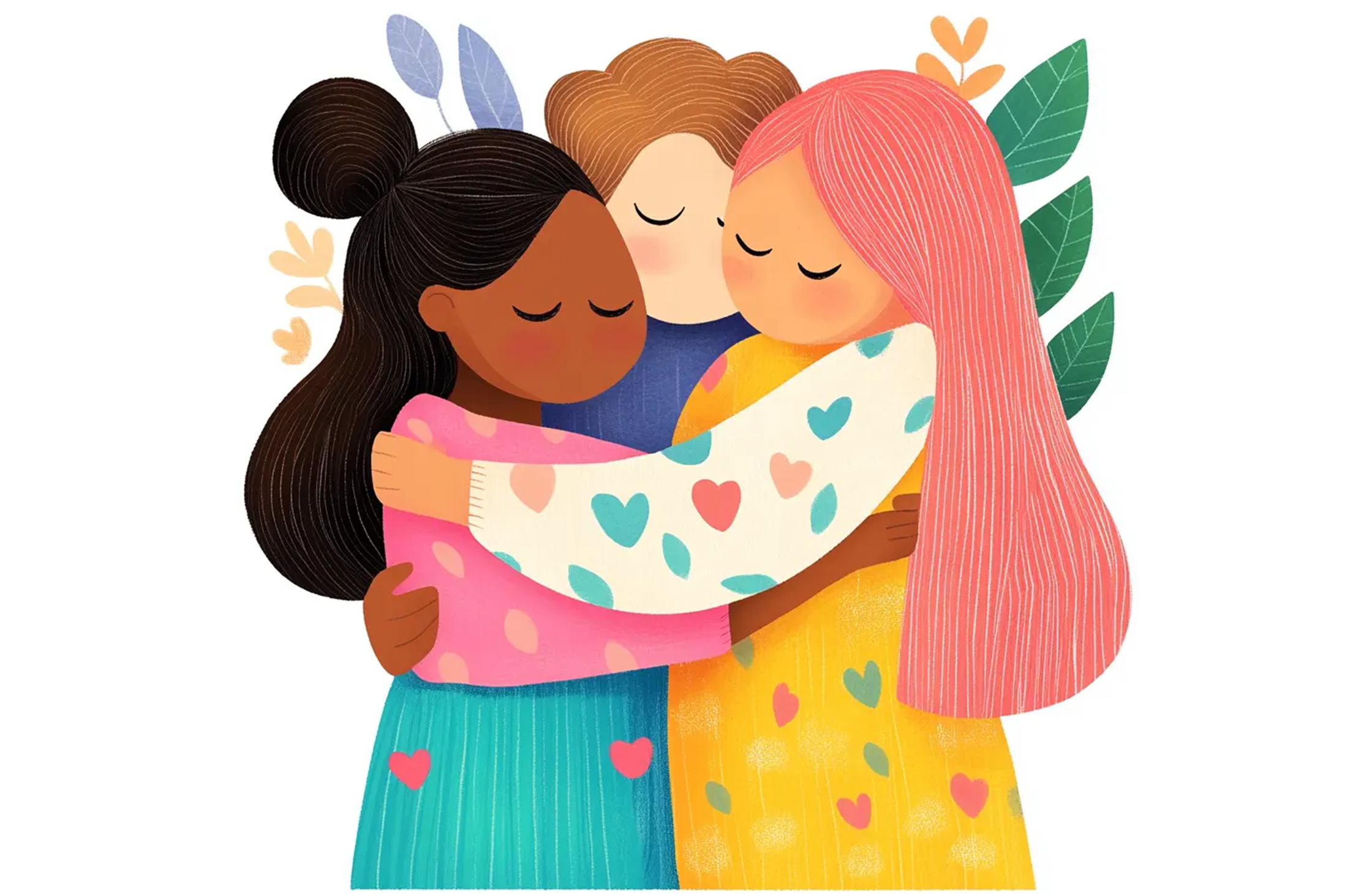Narrated by Chad Fox
As with the aftermath of any other election, the nation is split with celebrations and quiet fear. This time feels more profound, because the person who won isn’t just another candidate who we disagreed with, but someone who has made threats against other leaders who do not support him and certain demographic groups, and has taken pride in eliminating human rights. For those of us who are not celebrating right now, the fear is real and present. You may feel especially scared if you are in one of the groups being threatened, particularly with the fact that the Republican party has taken control of the U.S. House of Representatives, and thus, all three branches of government are now controlled by the Republican party.
I am not going to offer a postmortem or analysis on what happened this election; there is plenty of that out there already from folks who have dedicated their careers to such things. Instead, I want to focus on what comes next.
This is not my topic of choice. I prefer to live in the world of systems, focusing on how we can make the world a better place by fixing the system to improve the quality of the outcomes. However, this is the time to stop and reflect on what comes next. Rushing to action might feel like the thing to do, but if you go forward without care, without a plan, then you are likely to burn out before you’re able to make a meaningful difference.
While it is true that control is going in a direction that is going to work against many minority communities, we must remember that historically, it is often morally correct minorities that bring positive changes. From the nonviolent protests that pushed the British out of India to the American civil rights movement, there are many examples of those in the minority who are on the right side of history, fighting for individual liberties. I see no reason why that same pattern will not hold true today. Yes, we are going to have to work for what is right; and yes, we may have to re-win some battles; but in the end, grassroots efforts can overcome so much adversity.
Let me note that if you are in a place where you do not feel safe speaking up or being visible, that is okay. Many folks have been forced to retreat from the public eye for their mental health, or to make themselves less vulnerable to attacks. If this is you, make sure you’re taking care of yourself. It is okay to take a breather and leave the fight to folks who are at lesser risk.
It is important to remember that you cannot take on the whole of national politics alone — or even as one group. The simple fact is that we need to look at where we can each individually make a difference. In my case, I will continue to fight for improved election systems both at the state and federal levels (which, when implemented, will fix the system over time to yield better and more equitable elections results). Maybe you’re in a situation where you can provide support for communities who need it. Perhaps you can reach out to leaders — locally, statewide, and nationally — and let them know that what is going on is not acceptable to you and those around you. Others will take more public approaches, working with nonprofits and local projects, and supporting efforts by states to push back. Any action that helps move us forward is welcomed, no matter how small. We need people at every level working different parts of the system toward the mutual goal of equitable human rights. Like Stacey Abrams says, “Voting plus protest equals long-term change.”
For those of us who are not pleased with the election and what it means for the direction of the country, we are in for a potentially very difficult four years. Do what you can, and don’t carry the world on your shoulders. You are not alone, and this is not the end.
Bryan Verhei graduated with a degree in Political Science from Eastern Washington University and is currently a small business owner in real estate.

